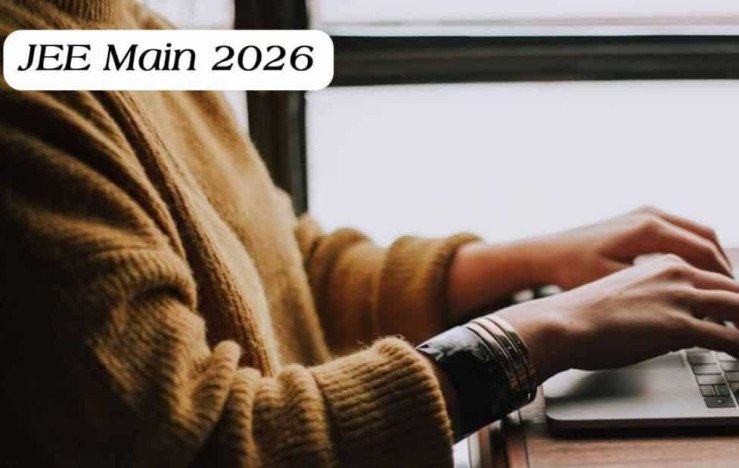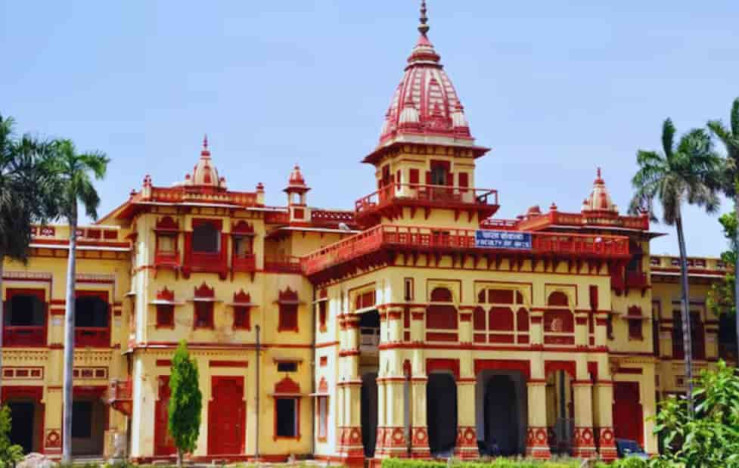Last Updated Oct - 04 - 2025, 10:33 AM | Source : Fela News | Visitors : 20
NCERT launches a Swadeshi module linking Indias freedom struggle to modern self reliance for students.

The National Council of Educational Research and Training (NCERT) has introduced a new module on “Swadeshi” in school curricula across India. The purpose is to help students understand self-reliance not just as an economic slogan but as a historical and cultural idea tied to India’s freedom movement and its present ambitions.
Swadeshi, literally meaning “of one’s own country,” was a rallying cry during colonial India, encouraging citizens to reject foreign goods and build indigenous alternatives. The NCERT module traces how the Swadeshi movement first arose during the 1905 Bengal partition protests and evolved into a broader call for national self-respect and enterprise.
But NCERT does more than walk through history. It connects the old ideas to the contemporary concept of Atmanirbhar Bharat (self-reliant India), championed by the current government. Students are encouraged to see self-reliance not just in products, but in research, technology, patents, medicine, defence, and innovation. The module quotes the prime minister’s view that when capability shrinks, so does self-reliance and that India must invest in R&D and homegrown solutions.
In practice, the lessons will ask students to examine local examples of Swadeshi small businesses, community craftsmanship, and enterprises that adopt local materials. The idea is to bring abstract national slogans down to street level, so young learners can see how making and sustaining local value chains matter in their own neighborhoods.
Critics and educators are watching closely. Some hope the module encourages pride in India’s creative potential, while others caution that it should avoid oversimplifying history or turning lessons into political messaging. The balance between conveying ideas and shaping opinions is delicate in education.
From a human point of view, implementing this module gives students a chance to see themselves as actors, not just consumers. They might ask: “Can I support local artisans? Can I innovate something my town needs?” In doing so, the Swadeshi lesson becomes more than theory it becomes a small invitation to action.
It also offers teachers a new way to contextualize many subjects: economics, science, social studies, and even ethics. Linking a chemistry class on pharmaceuticals to local medicinal research, or a social studies class on economic policy to a village co-operative, becomes more tangible.
As the module rolls out, its success may depend as much on how teachers engage with it as on its content. Students may respond differently in different settings rural towns, urban schools, or regions with varied industrial landscapes. But if nothing else, the Swadeshi module signals a shift: education is nudging itself not only to inform, but to empower.

Jan - 15
• What’s Going On?
The National Testing Agency is preparing to release the JEE Main 2026 Session 1 admit card ve... Read More

Jan - 10
The National Testing Agency has issued an important update for students preparing for one of India’s most competitive entrance examinations. ... Read More

Jan - 09
Banaras Hindu University has opened the doors to free online learning opportunities by launching 121 credit-ready courses under the INI-SWAYAM prog... Read More